Apricot
Apricot is a great plant based source of vitamin A. That makes it beneficial for eye health and prevention of night blindness. It is also rich in potassium and contains good amount of fiber, helping the digestion. Beta carotene and flavonoids are also present in apricots, reducing inflammation and risk of diabetes and heart disease. Thanks to vitamin C and beta carotene, it can also protect skin again sunburns. It is a good snacking choice after exercising due to high water and potassium intake. Apricot also supports bone health, since it contains not only calcium but also potassium, which is needed for proper absorption of calcium. Due to presence of both iron and vitamin C necessary for iron absorption, apricot can help with anemia treatment.
